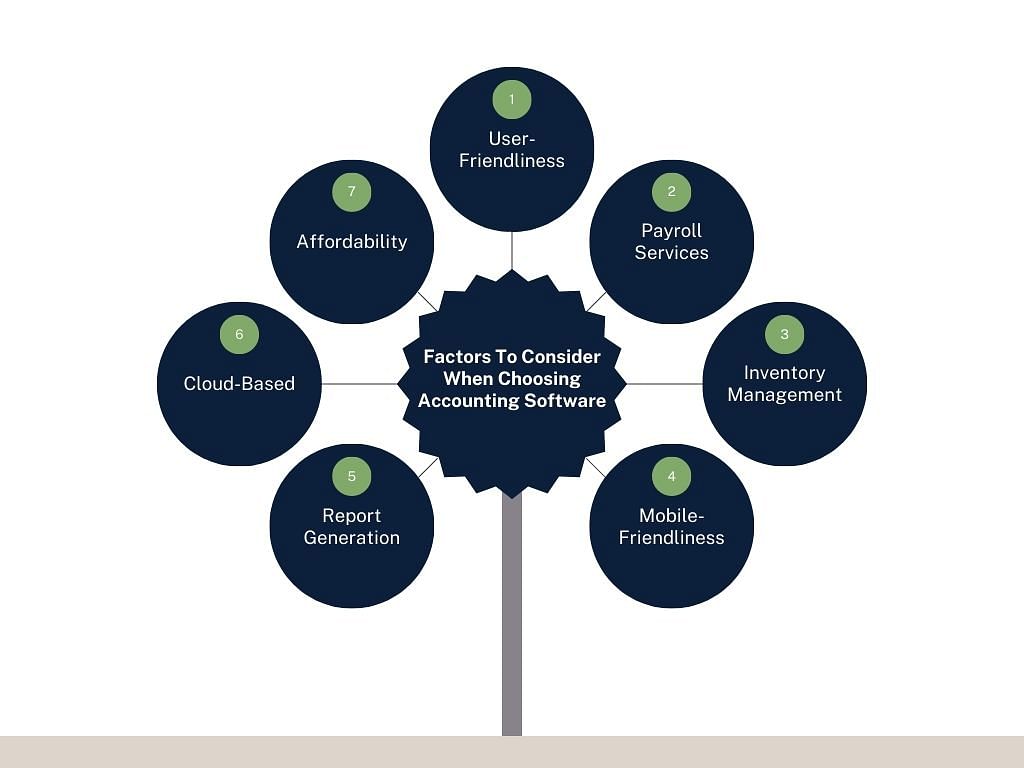
Every business needs a reliable bookkeeping system. This system is meant to help owners make critical decisions that can eventually lead to business growth. Unfortunately, many entrepreneurs don’t know the bookkeeping basics for small businesses, leading to their business’s early demise.
Proper record-keeping is essential in running a business. But, if you’re not well-versed in finances, navigating the different bookkeeping tasks may be difficult.
To help you understand, we’ve prepared a guide that every small business owner should know. So take notes!
For small business owners, even basic bookkeeping can be overwhelming. But the more you stay on top of managing your business finances, the easier it gets. Below is the list of things you must know to get better at managing your finances.
First things first, you should understand that bookkeeping and accounting are two different things. Many people confuse these two things. And although bookkeeping and accounting are separate tasks, they work together.
Bookkeeping is the backbone of an excellent accounting process. If you do the bookkeeping process properly, you can expect the result from accounting to be accurate and true, which will help scale your business.
| 💡 Bookkeeping is the act of documenting and collecting data, whereas accounting is the act of analyzing it. |
Without bookkeeping, businesses won’t be able to make sense of their numbers. To help you further understand bookkeeping, here is a table of how it differs from accounting.
| Factor | Bookkeeping | Accounting |
| Definition | Process of Recording Financial Transactions | Process of Analyzing Financial Information |
| Credentials of Person Involved | Training/Certifications | Accounting Degree/CPA |
| Financial Statements | General Ledger and Accounts | Complex Financial Statements |
| Filing Taxes | Payroll Taxes | Business and Personal Tax Returns |
Small businesses can put two main types of bookkeeping systems in place. Business entities have the option of using one system exclusively or combining both. Here is a more detailed look at each type of bookkeeping system.
Most small businesses start with single-entry bookkeeping. With this method, every business transaction or activity only has one entry in the bookkeeping record. Only sales, purchases, receipts, and payments can be maintained using this manner.
This bookkeeping method can keep your finances organized if your business handles minimal transactions.
The double-entry accounting system records business transactions in two entries. It offers checks and balances since it records a credit entry to match every debit entry. Transactions are recorded when money is received or lent—it is not a cash-based system.
Most professional bookkeepers use this method since this is universally adopted and gives the most accurate recording of financial transactions.
Maintaining track of your business finances is simpler if you record everything properly. You can do various things to ensure you are maintaining your records. First, use the same accounting method for all your bookkeeping entries. But before that, here are the two accounting methods.
This is done by recording financial transactions when you receive or spend money. This is much simpler to do.
| 💡 Cash accounting method is good to adopt in the early phases of your small business. |
This is where you record your accounts receivable and accounts payable before you physically receive or pay the cash. This means that you can already record the transactions even if the money does not reach your accounts yet.
| 💡 The accrual accounting method is better to be used as your business grows and expands as it can tell you the overall financial health of your company. |
After knowing the types of bookkeeping systems and accounting methods, you should also understand how to manage financial records through ledgers. Your ledgers are the heart of bookkeeping.
Without them, you won’t have proof of the transactions that happen in your business. Regular updates will give a clear view of your cash flow and help with your accounting.
| 💡 In accounting, the term "ledger" pertains to a book where companies document all the necessary information for the preparation of financial statements. |
The success of bookkeeping is in organizing and categorizing your accounts. Your business’s finances come from many financial transactions. One can start small by generalizing records for sales or records in inventory tracking as long as it gives you a full and clear view of the money that goes around inside your business.
As your business grows, here are some of types of accounts that would be included in your ledger:
Updating your ledgers depends on the volume of your transactions. You can update ledgers daily, weekly, and monthly. Regardless of how often you post on your ledgers, you must be consistent to avoid getting overwhelmed when the accounting period comes.
After all these updates, consult an accountant to create financial reports for your small business. From here, you can see if your business is growing positively, if you need to enact strategies to improve further, or if you need to change any processes that aren’t working.
Manual data entry is the old way. There are small business accounting software that can do more than bookkeeping for your business. Investing in software streamlines all accounting tasks, not just bookkeeping, for your business to help you manage your finances.
Here are some factors to consider for small business accounting software:

Whether operating a small or vast enterprise, bookkeeping is essential to build a successful business. Understanding your cash flow, tracking expenses, monitoring accounts payable, and even tracking your sales tax starts with bookkeeping.
Here are reasons why you should have a bookkeeping system.
You keep records of your business expenses, but isn’t it also nice to know the source of your transactions? Instead of looking at raw numbers and wondering where they came from or where they’ve gone, bookkeeping can tell precisely whether the entry is an expense or a sale.
In double-entry accounting reports, you can even record the type of business expenses in your books. There are several business expenses, such as meals, traveling costs, and accommodation. The details will help you plan your finances for more efficient spending.
Additionally, you can be sure that all of your financial transactions are in one place. So, when you need to pull your records for accounting or for references, you know where to look.
If you have proper bookkeeping, you have complete and organized data. Accurate financial data is crucial for your financial reports. Bookkeeping can summarize your business’s expenses, income, and ledger categories.
There are three primary financial statements that businesses need to evaluate their performance:
Bookkeeping also provides more detailed reports such as expense reports, sales reports, and other statements showing key performance indicators. These reports are then used as communication for the business administrators and stakeholders.
Also, accurate financial reporting can be used to attract business investors. Information on how much profit your business generates and how you handle your expenses can be leveraged to attract inventors to your business.
Income and expense tracking is vital in every business. There is more to running a business than merely making money. You also have expenses to pay that will keep your business running.
It is critical to understand whether the flow of funds into and out of your company is balanced. If your expenses are through the roof, you’ll need to make more money or cut down on expenses.
Likewise, you can create a budget to improve your business if you have a healthy profit.
| 💡 You can allocate it to get new inventory, enroll your employees in seminars and workshops, upgrade your equipment, expand to a new location, and more. |
In running a business, one thing is for sure—you have to fulfill your tax obligations. The government requires different forms of tax payables from businesses. Bookkeeping records will help businesses calculate the exact amount of taxes they must pay.
Failure to pay your taxes can lead to severe consequences. Bookkeeping is crucial in ensuring you won’t be fined for getting your taxes wrong.
Bookkeeping and accounting are two essential parts of running a business, but most business owners only see accounting as essential. Bookkeeping seems like a menial task that’s only around for keeping records of financial transactions. However, bookkeeping is also important as it serves as the basis of accounting and keeps your business balanced.
Looking for professionals who are well-versed in bookkeeping? Unloop can help you with your needs. We offer services on bookkeeping, forecasting, payroll, and taxes.
Book a call with us now and talk to our experts to see what we can do for your business!
Unloop is the first and only accounting firm exclusively servicing ecommerce and inventory businesses in the US and Canada. With the power of people and technology, our team dives deep into COGS and inventory accounting. You are paired with a dedicated bookkeeping team that prepares accurate financial statements, financial forecasts, and can also pay bills or run payroll for you. Come tax time, everything is organized and ready to go, so you don't need to worry. Book a call with an ecommerce accountant today to learn more.